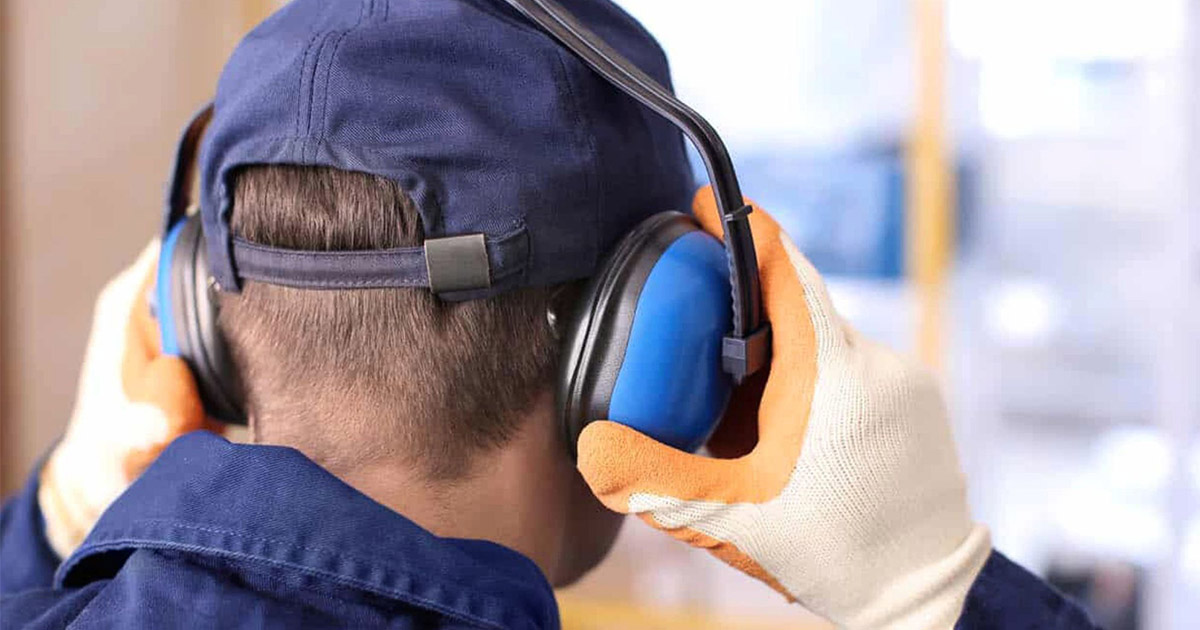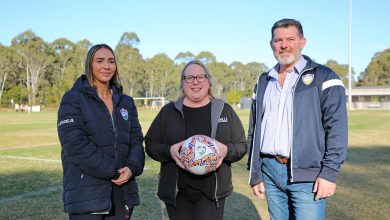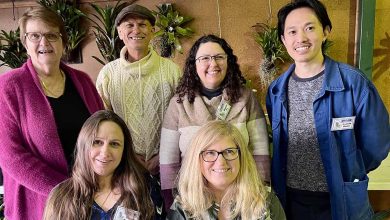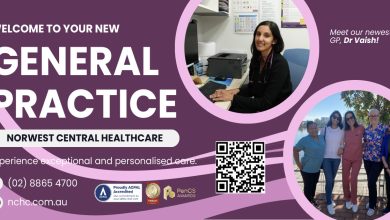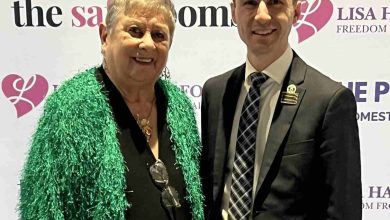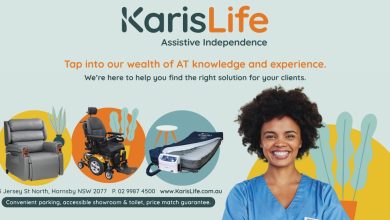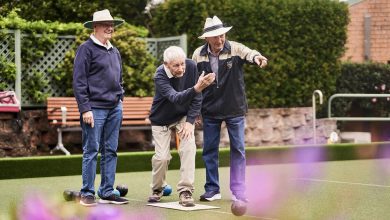PROTECT YOUR HEARING: Understanding Industrial Deafness and How to Prevent It
As we commemorate World Day for Safety and Health at Work on the 28th of April, it’s crucial to address a significant occupational hazard: industrial deafness.
This condition, also known as “noise-induced hearing loss”, poses a considerable risk to individuals exposed to loud environments, especially those born between 1940 and 1960. At highest risk are boilermakers, plumbers, rail-workers, metalworkers, builders, machine operators, miners, panel beaters as well as vehicle and aircraft mechanics. At Ear Studio, we encounter cases of industrial deafness frequently, and we’re committed to raising awareness and providing guidance on prevention and assistance.
Understanding Industrial Deafness:
Industrial deafness results from prolonged exposure to loud noises, causing damage to the delicate structures of the inner ear. Once hearing is damaged, it often cannot be restored. Symptoms may include difficulty hearing conversations, ringing in the ears (tinnitus), and sensitivity to loud sounds.
Preventing Industrial Deafness:
Prevention is key to safeguarding your hearing. Here are some practical steps you can take to minimise the risk of industrial deafness:
1. Avoid Noise Exposure: Whenever possible, stay away from noisy environments. If you’re concerned about noise levels in your workplace, consult with your occupational health and safety officer.
2. Wear Hearing Protection: When exposed to loud noise, use personal hearing protection such as earplugs, earmuffs, or both. This is crucial in environments like concerts, motor racing events, and workplaces with high noise levels.
3. Limit Exposure Time: Be mindful of the duration and intensity of noise exposure. Remember, even everyday equipment like lawnmowers and power tools can be damaging to your ears.
Understanding Noise Levels: It’s essential to understand how noise levels can impact your hearing health. Sound is measured on the decibel scale, think of it like a “ruler for sound”, which measures sound intensity. It’s important to understand that even small changes in decibel levels, represent significant differences in the power of sound and therefore the effect on your ears. Here’s a glimpse into the relationship between noise levels and exposure time:
• Everyday sounds – for example, having a conversation with someone about an arm’s length away is roughly 60dB(A) and regarded as safe.
• An exposure standard of 85 dB(A) averaged over eight hours is considered safe. Examples of environments where this level may occur include a noisy restaurant or café, a busy office with multiple people talking, and a close distance to a blender or food processor.
• Peak noise levels exceeding 140 dB(C), such as those emitted by a jet engine during takeoff at close range, explosive noises, or heavy machinery like the use of a jackhammer, can cause immediate damage to hearing.
• Every 3 dB increase in noise level doubles the intensity of the sound, leading to potential damage in half the time.
Seeking Assistance:
If you suspect you’re experiencing industrial deafness, don’t hesitate to seek help. You may be entitled to benefits through workers’ compensation, even years after leaving your job. At Ear Studio, we begin with a comprehensive hearing assessment, in this appointment we will thoroughly discuss your history. If applicable, we can then guide you through the process of seeking assistance, whether it’s for hearing rehabilitation costs or financial compensation.
Conclusion: Protecting your hearing is paramount, especially in environments where noise levels are high. By taking proactive measures to prevent industrial deafness and seeking assistance when needed, you can preserve your hearing health for years to come. On this “World Day for Safety and Health at Work”, let’s prioritise our well-being and raise awareness about the importance of hearing protection in the workplace.
If you believe you may be suffering from industrial deafness, contact our friendly team at Ear Studio today on 02 9159 6122 or you can visit www.earstudio.com.au for more information or to book online. We can help you with customised hearing protection and we can support you on your journey to better hearing health!

